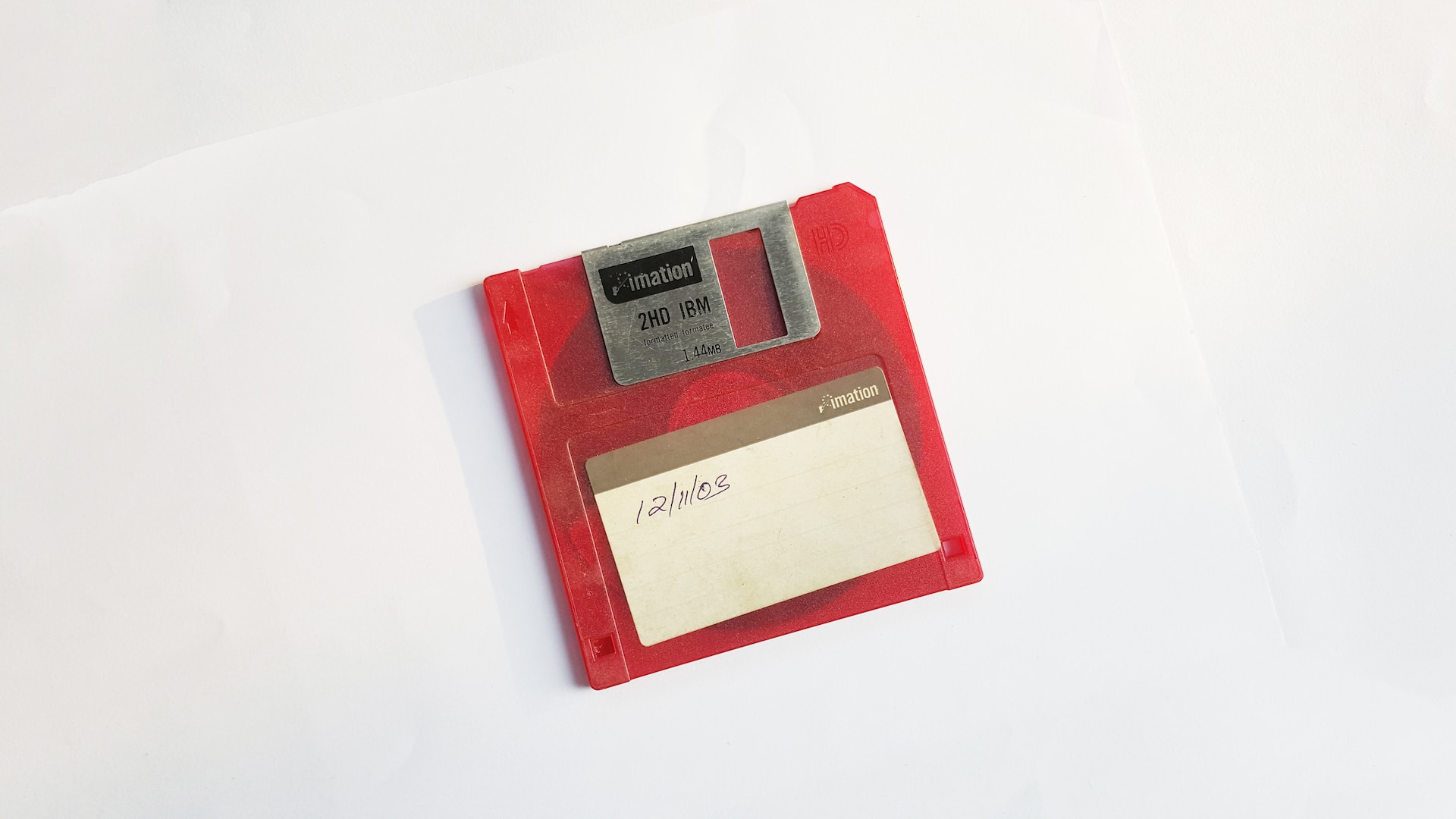
Discover how Pro Translatable revolutionizes translation management with its advanced database design. Learn why storing translations in separate tables enhances performance, simplifies maintenance, and scales effortlessly as your application grows.
zeus zeus
Why Storing Translations in Separate Tables Outperforms JSON Columns
In the realm of application development, particularly for multilingual applications, the efficient management of translations is paramount. While some developers opt to store translations in JSON columns, this approach can introduce several challenges. Pro Translatable takes a different path by storing translations in separate database tables, offering numerous advantages. Here's why this method is superior:
Better Performance and Faster Load Times
One of the primary benefits of storing translations in separate tables is enhanced performance. When translations are stored in JSON columns, every query needs to parse the JSON data, which can significantly slow down database operations. In contrast, separate tables allow for more efficient indexing and querying.
Faster Searching and Filtering: With separate tables, searches and filters are executed directly on indexed columns, making these operations much quicker compared to parsing JSON data. This leads to faster load times and a more responsive application.
Easier Management of Languages
Managing translations is more straightforward when each language has its own table. Adding or removing a language becomes a matter of simple database operations, without the complexity of manipulating JSON data.
Direct Queries for Updates and Deletions: Instead of dealing with the intricacies of updating JSON columns, you can use standard SQL queries to update or delete records in the language-specific tables. This reduces the risk of errors and simplifies database management.
Simplified Checking and Updating of Missing Translations
Another significant advantage of separate tables is the ease of identifying and updating missing translations. In a JSON column, finding missing translations requires parsing and analyzing the JSON structure, which can be cumbersome and error-prone.
Clear Structure for Missing Translations: Separate tables provide a clear structure, making it easy to run queries that check for missing translations. This ensures that all languages are consistently updated and maintained.
Improved Collaboration with Editors
Working with an editorial team to manage translations can be challenging, especially when translations are stored in a complex JSON structure. Separate tables streamline this process, allowing editors to work independently on different languages without interference.
Isolated Language Management: Each editor can handle translations for their assigned language without affecting others. This isolation enhances productivity and reduces the risk of overwriting or corrupting data.
Terms and Conditions
By purchasing any of our plugins, you acknowledge and accept our Terms and Conditions
Conclusion
Storing translations in separate database tables, as implemented by Pro Translatable, offers clear advantages over using JSON columns. Enhanced performance, simplified management, easier identification of missing translations, and improved collaboration with editors make this approach the ideal choice for any application requiring robust multilingual support.
By adopting this method, you can ensure your application remains efficient, scalable, and easy to maintain as it evolves and supports more languages. Pro Translatable is designed to leverage these benefits, providing a powerful solution for your translation needs.
Photo by Jan Antonin Kolar on Unsplash








